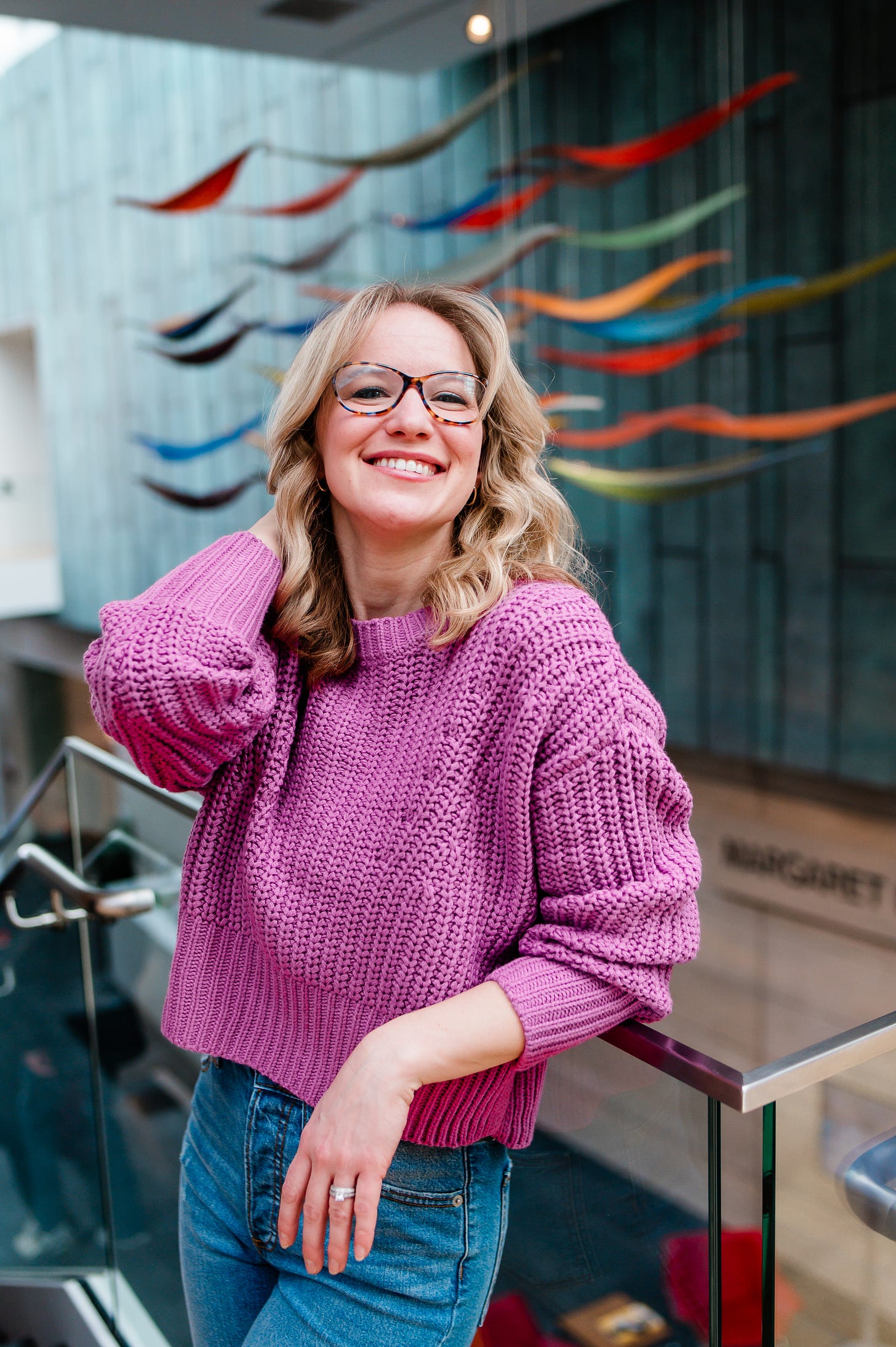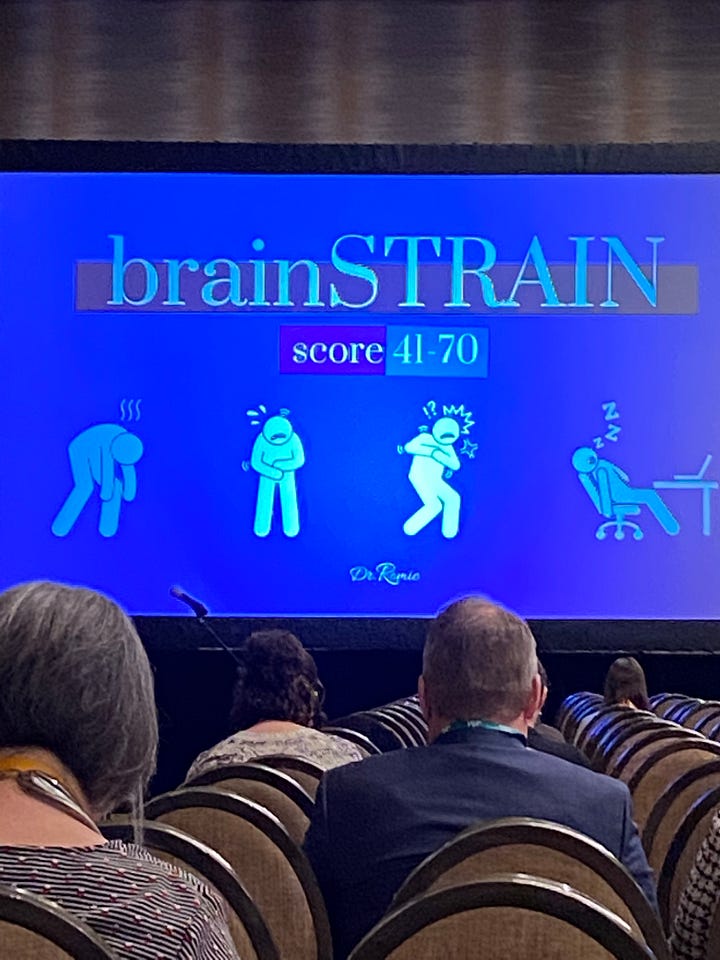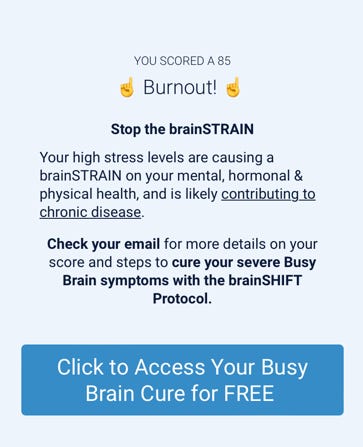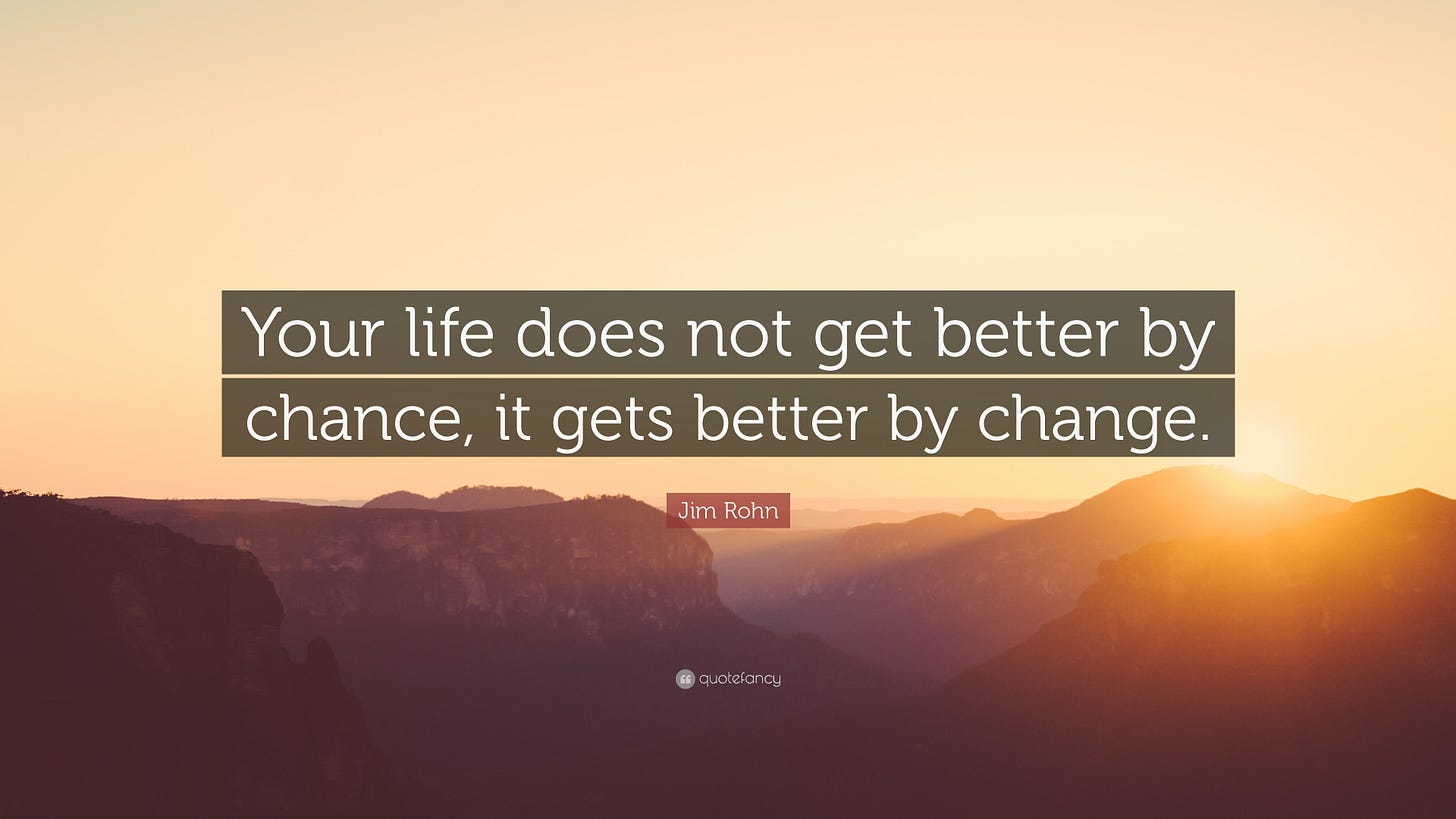ADHD and figuring out my body chemistry
10 important lessons about medication and lifestyle changes

A little more than two years ago, I was struggling.
I was managing a high-demand job, striving to keep up with societal expectations of women and mothers, taking care of two children under the age of five with no nearby familial support (and a broken social safety net), and processing the damage to my nervous system after living through a global pandemic and a barrage of political and social unrest. On top of all that, I had an undiagnosed disability that made everything… and, I mean, everything… feel that much harder.
Despite the feeling of drowning on the inside, on the outside, I appeared “successful.” I had a high-paying job at a major global brand, and I was selected among a small group to represent the company at a women’s leadership conference in Dallas.
I was dreading it.
I had spent the last two years giving countless unpaid hours of my personal time to move the business forward during the craziness of the pandemic, and I was on the edge of burnout.
When I arrived though, all of those feelings fell away, and it was as if the universe had written the content for the event just for what my ears and heart needed to hear and feel. It was an incredible in-person meeting that featured powerhouse speakers like Glennon Doyle, Allyson Felix, Kindra Hall, and Lisa Ling (an ADHDer), and the pervasive topic across the three-day event was women’s mental health.
The most important thing I realized was that there were more than 3,000 high-achieving women in the same room, receiving the same messages… and likely needing it just as much as I did. It was so validating to hear these badass female leaders stand on stages talking about their challenges with mental health, their backsliding, their medication journeys, how they’ve had to build their own villages, and their strategies for moving through struggles.
If this was the focus of the event’s content, I couldn’t possibly be the only woman in America struggling with my mental health.
In a breakout session hosted by Dr. Romila Mushtaq, M.D., ABIHM, (a.k.a. Dr. Romie) I took a self-reported quiz that she administered to the crowd to test for what she called brainSTRAIN or chronic stress that impacts your entire wellbeing.
In her presentation she explained that if you scored between 41-70 points, you had significant brainSTRAIN. The higher you scored, the more strain you were enduring.
My score: 85


This was eye-opening. I knew I wasn’t thriving… but I didn’t fully grasp the full extent of my burnout until I saw these results.
In every room at the conference, I heard several themes repeated: taking care of your body is key, managing the demands on your time and energy are critical, and if you want to manage your hormones, mood, sleep, and overall well-being, you need to limit or eliminate alcohol use.
Ultimately, I learned no one was going to fix things for me. I was the only one who could change my life for the better. It was up to me.

It would take several more months of exploration and self-advocating to receive my ADHD diagnosis, and once I found the right medication, I was finally able to put the necessary habits in place to take me the rest of the way.
Today, I manage my ADHD through a mix of medications and lifestyle adjustments, and each one helps me balance my body chemistry and improve my life.
I don’t claim to have it all figured out, and keep in mind I am a writer, not a doctor, but I get asked how I manage my ADHD often, so I’m sharing in case it can help someone else who is struggling like I was.
Here’s the 10 biggest body chemistry lessons I learned before and after my ADHD diagnosis (with links to supporting resources):
Hormones impact ADHD symptoms - BIG TIME!
Sleep is a number one priority.
They were right about alcohol… caffeine is the same beast. Giving them up was a huge, immediate life improvement!
Don’t underestimate stress management.
This could look like yoga, meditation, hobbies, time in nature, time with friends, finding less stressful work, therapy, digital detox, and more (all of these have helped me).
Regular exercise makes a MAJOR difference!
Sugar is a sneaky rascal (and hormone disruptor).
Stimulants helped me with productivity to a point; but didn’t fix MY biggest struggles with ADHD
My nonstimulant medication is CRITICAL to my ability to create positive habits like all those mentioned above (the linked article demonstrates that nonstimulants could be more ideal for women).
Everyone’s body chemistry is unique; you’ve got to experiment to see what works for you. I tried several different medications before finding one that made me feel most like the ideal “me”.
There is no destination… the work is ongoing and our bodies are ever changing.





